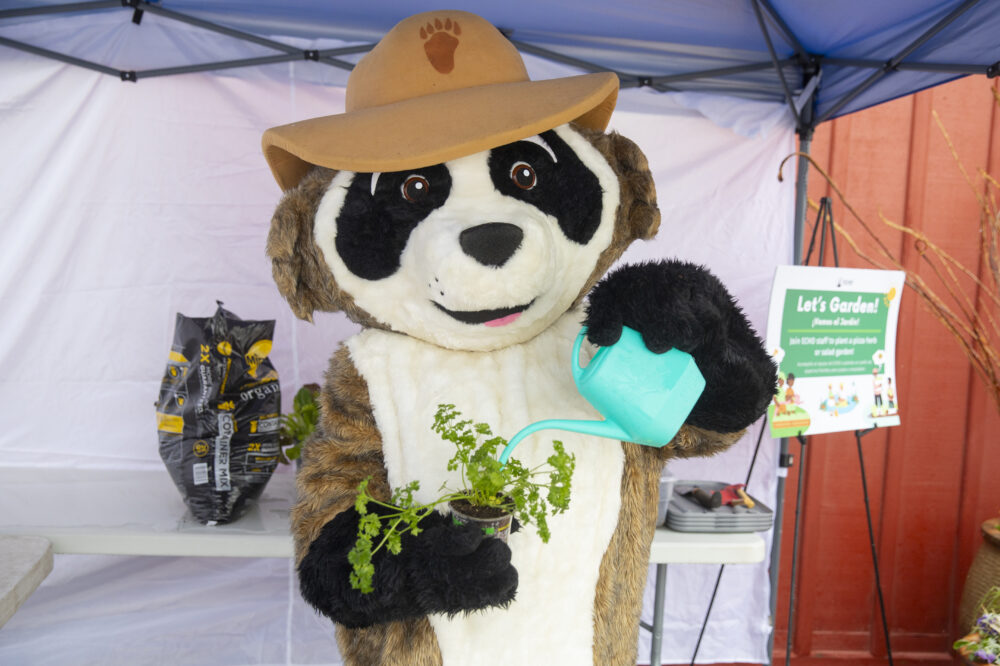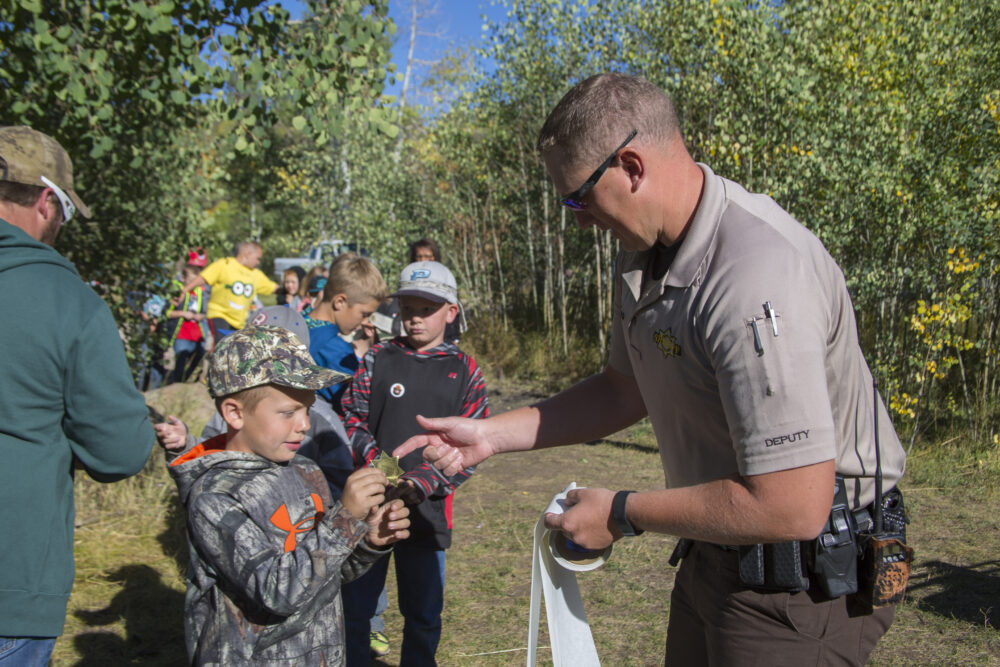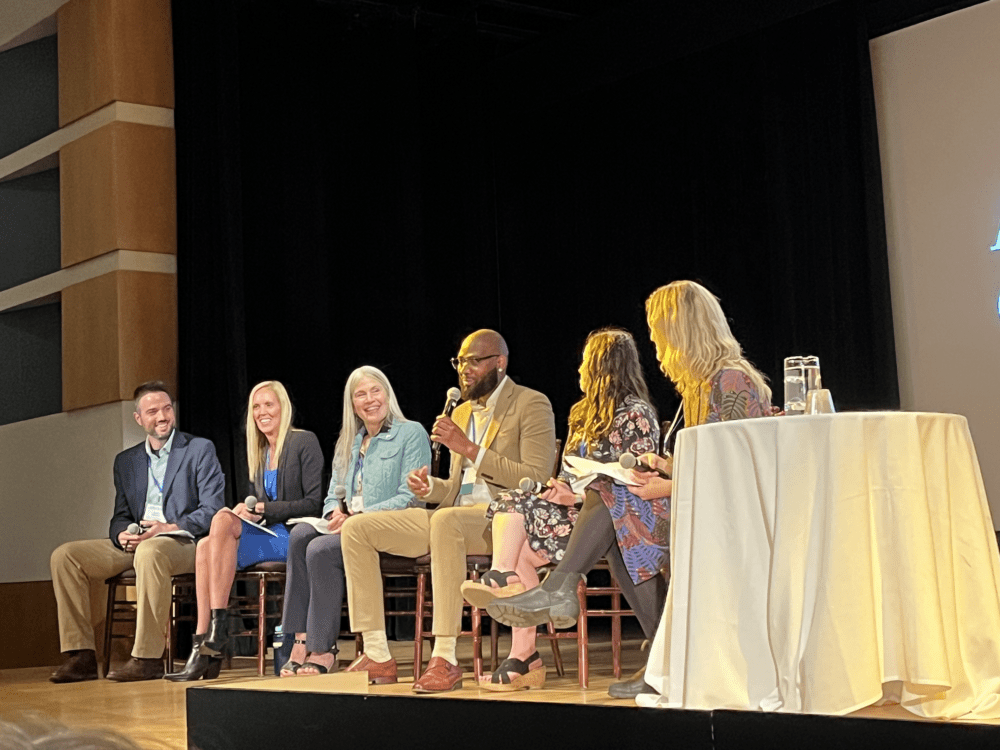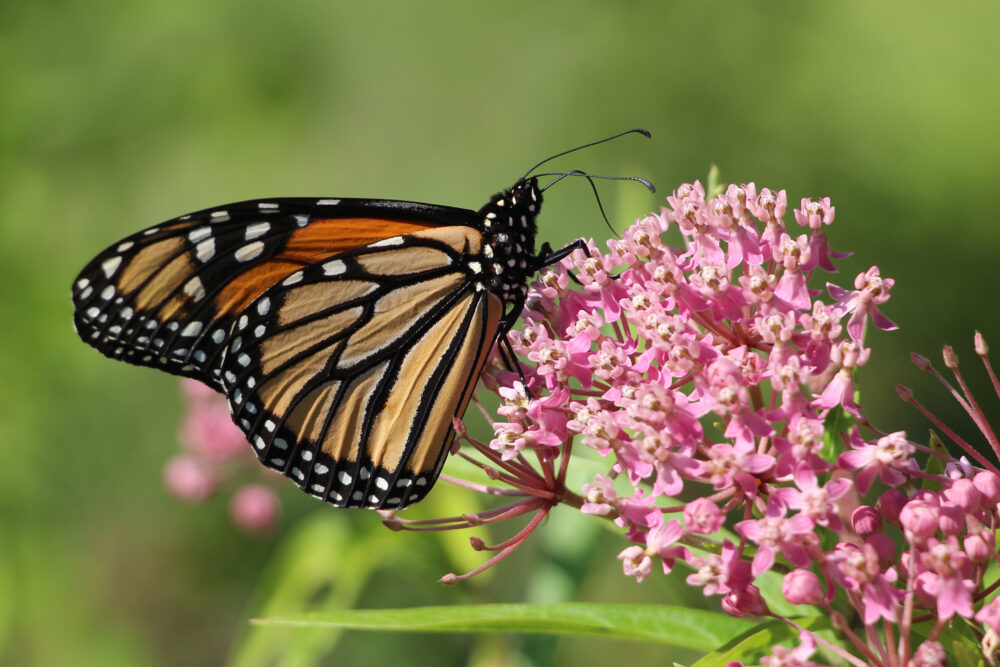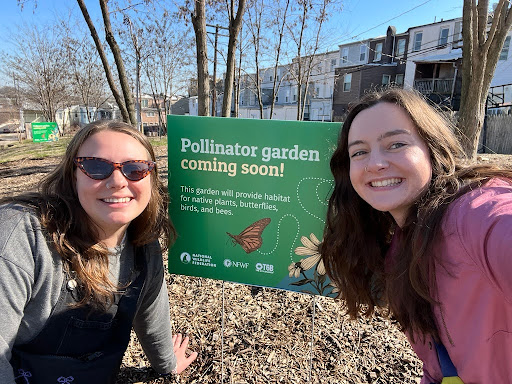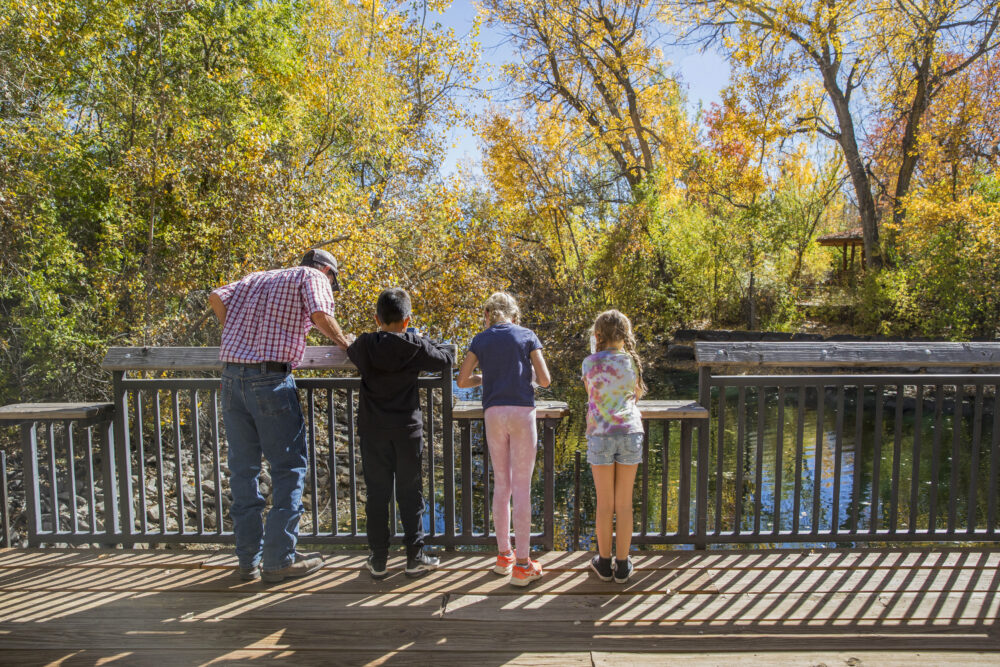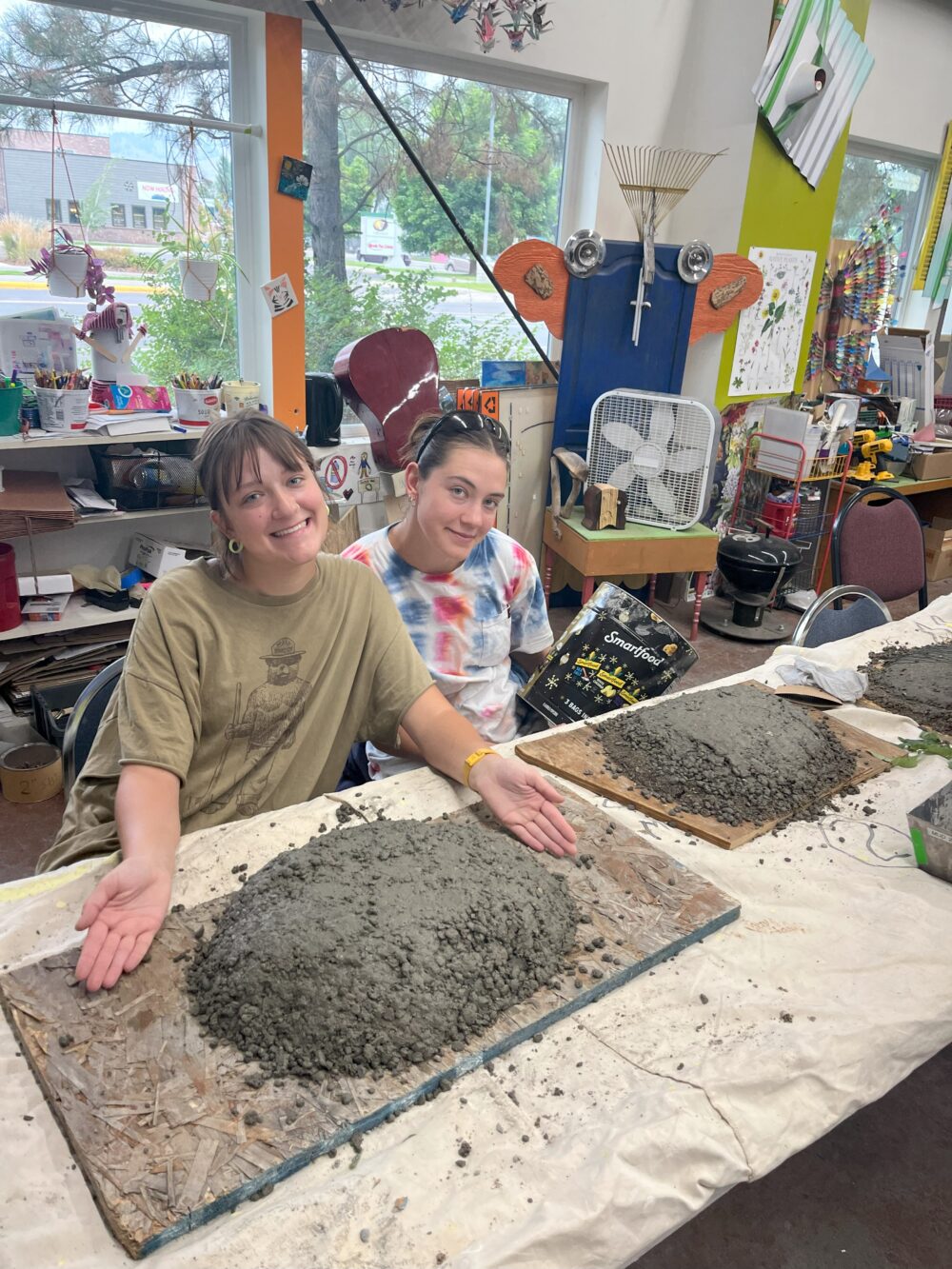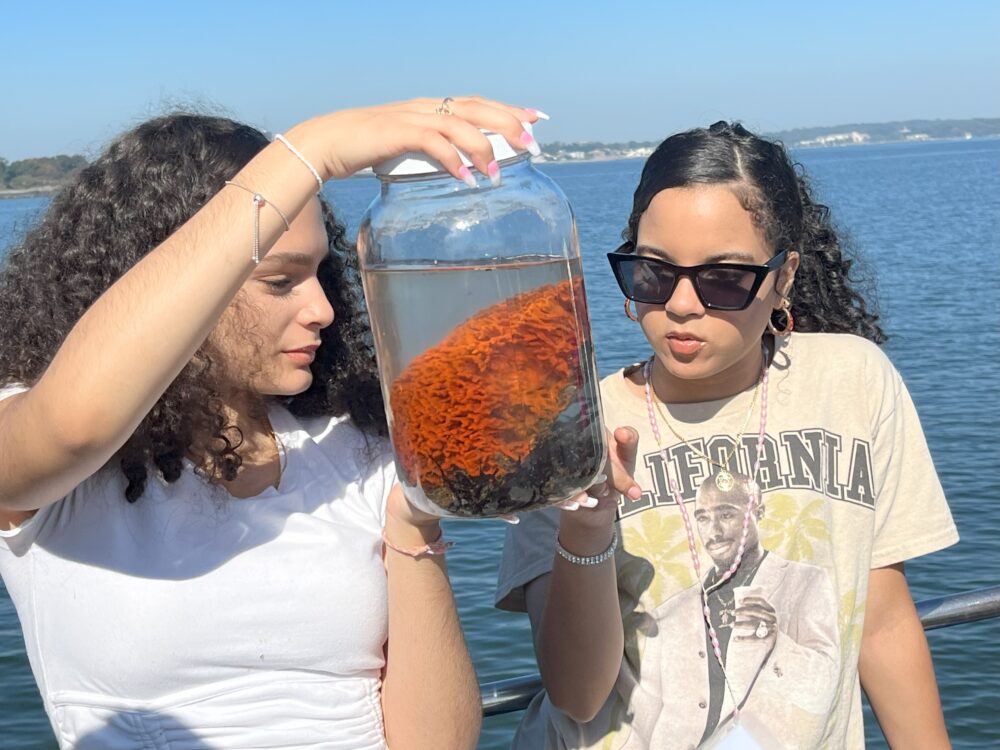We have much more to do and your continued support is needed now more than ever.
Take a ‘Field Skip’
As fuel prices soared this summer, many families took “”stay-cations,”” opting to vacation at home or nearby. Now, as children return to school, high fuel prices are hitting school transportation budgets hard. Bus service is taking a big hit and many kids will be walking longer distances to the bus stop. Also, many districts have cut field trips for the upcoming school year.
Parents can help with field trips in ways that don’t require money. Parents can suggest that teachers take students on something I like to call the “”Field Skip””–a walk outside to the schoolyard to observe nature. They can turn their missed field trips into an experiential environmental education! Parents can join in. Because it costs nothing, schools can take as many Field Skips a year as they want, even making them a monthly or weekly event. Field Skips can help kids and their families to appreciate the outdoors–and give them even more to do and talk about during their Green Hour.
So, how can teachers and parents plan and execute the perfect Field Skip?
- Take the kids outside to their own schoolyard. See how many plants and animals they can find. In urban schools you can even focus on how many different types of pigeons you can see. (Hint: there are seven.)
- Teach them how to take field notes, illustrate plants and animals, and write journals. Use library and online resources to help the kids identify the plants and animals they find.
- Put it all together in a “”field guide to your schoolyard,”” an inventory and species account of the plants and animals you find.Field guide projects are well suited for all K-12 students in suburban, rural and urban schoolyards. It is multidisciplinary, experiential, and project- and place-based education that can fit any curriculum. Teachers can see examples of school field guides at my educator website, www.nostudentleftindoors.com where they can also find lots of free resources for their projects.
By introducing students to their local nature, we help build in them a sense of pride and ownership in our communities. They will come to value their neighborhood animals, trees, plants, and other natural resources. Your Field Skips are kind to our planet–you’ll be reducing your carbon footprint (fewer bus trips), saving money (fewer field trips), teaching environmental responsibility, and helping families by providing reasons to be in the outdoors.
Remember, nature is not a destination. We don’t have to travel far from home to see it. If this is a year of major cutbacks, why not turn the bitter pill of doing without into the eye-and ear-candy of nature? Observation skills help children to be better listeners and learners. And if they’re going to spend more time walking to and from school, observation skills can also help to keep them safe.
See you in the outdoors!
Jane Kirkland is the award-winning author of the “”Take A Walk®”” series of nature discovery books as well as “”No Student Left Indoors: Creating a Field Guide to Your Schoolyard””, the acclaimed educator’s guide to helping students discover nature in their schoolyard. To learn more about Jane and her books visit: www.takeawalk.com.










